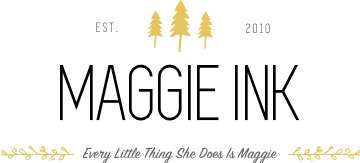There’s an old saying that a single straw from a broom can be broken, but together they are strong.
The Africans call that ubuntu, the philosophy that we are all part of an interconnected web, rooted in acts of kindness and generosity. It means that the way we treat others is more important than our individual accomplishments.
Basically, you can’t be human all by yourself.
I’m seeing ubuntu everywhere as I travel throughout South Africa.
At Bulungula, a woman shared a piece of bread with her son, who in turn, tore it into four more pieces and gave it to his friends.

Inside a local shebeen (bar), the revelers happily slung a paint can full of sorgham beer my way, offering me a sip.
In Johannesburg, a generous couple fed me, opened their home to me and basically treated me as if I was family.
While trying to find the correct minibus in Durban, my friends were told the correct bus was located several blocks away. “Hop in,” the minibus driver said. “I’ll take you there.”
Those simple acts of kindness are hard to resist, and I’ve found myself being a little more open, letting my guard down more than usual. I finally gave in completely yesterday in Durban, when a man approached me on the street. He pointed at my oversized, reusable Nalgene water bottle.
“Can I have a sip?” he said.
It caught me off guard, so I asked him to repeat what he said.
“Your water. Can I have a sip?” Then he elaborated, “I have been eating the peanuts. They are very salty.”
He was a worker who shuttled people into the minibuses all day long. He worked on a block far from any cafe, restaurant or store. There really wasn’t any other water nearby. And even though the wary, distrusting part of me was screaming no, I handed the bottle over.
He drank nearly all of it, handed it back and beamed in delight. Then he said, “Sala,” which is Zulu for “Stay well.”













